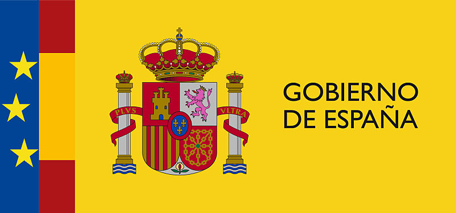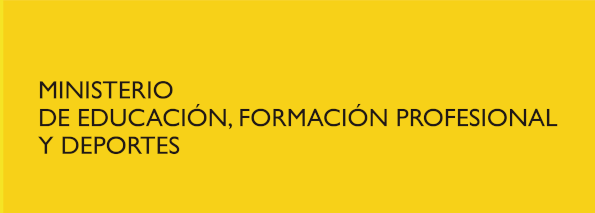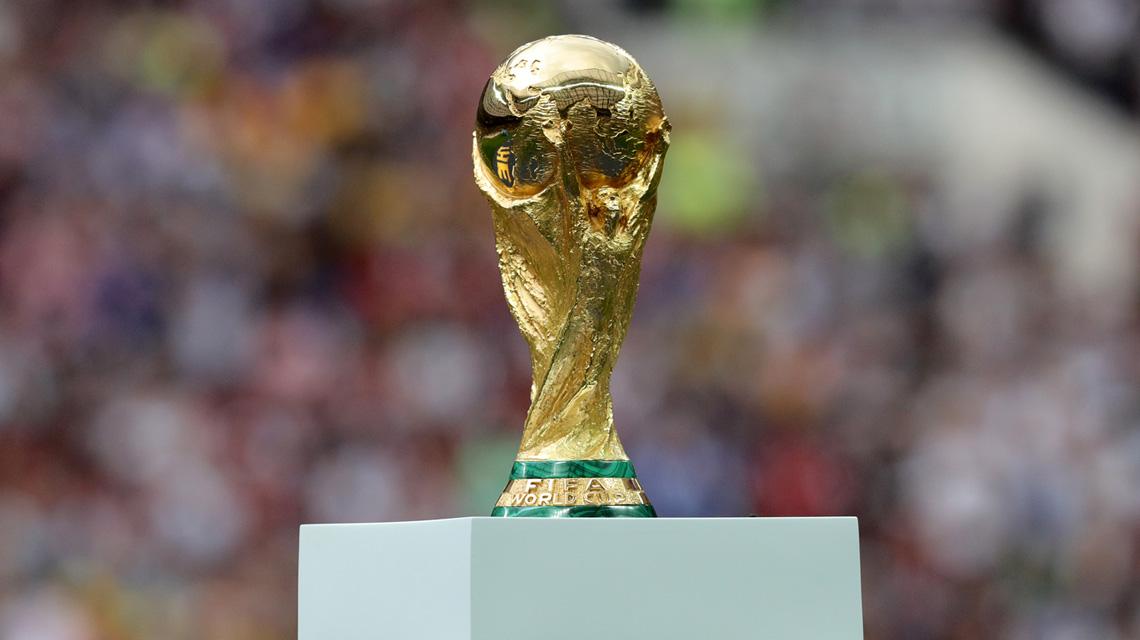The Government creates an Interministerial Commission for the 2030 World Cup Organization
-
“Spain, as one of the host countries, is committed to providing the best infrastructures and services and the institutional support needed to ensure the organizational success of this competition, which transcends football. This is an historic event in economic, social and sports terms,” stressed the Minister of Education, Vocational Training and Sports.
-
The Presidents of the Spanish Real Football Federation, the Spanish Olympic Committee and the Spanish Paralympic Committee, as well as representatives of FIFA and renowned personalities, will participate in the meetings of the Interministerial Commission without any vote.
Madrid, 18 February 2025.- The Council of Ministers approved at its meeting this Tuesday the creation of an Interministerial Commission to coordinate the preparation and organisation of the FIFA World Cup 2030.
The role of the Government of Spain in relation to this sporting event, conceived as a real country project, is defined by the agreement of the Council of Ministers of 30 July 2024 detailing the assumption of a series of commitments by the Executive. With them, the Government of Spain certified to FIFA that our country will have the infrastructures and services that will be necessary for the optimal development of the competition.
As was the case with the 1982 World Cup and, ten years later, with the Barcelona Olympic and Paralympic Games, the Spanish Government will contribute with a significant deployment of means and institutional support to the organizational success of the 2030 World Cup. Government competences include, among others, security and public order, transport, health, visa issuance, accessibility, connectivity and sustainability, as well as the international projection of our country.
The coordination of all actions under the Government of Spain in connection with the preparation and organization of this event and, in particular, in relation to the headquarters, will depend on this Interministerial Commission, chaired by the Minister of Education, Vocational Training and Sports, Pilar Alegría.
This body will make proposals for regulatory change and monitor the actions of the various ministries and public bodies involved. This structure will also enable effective and continuous monitoring of the commitments made.
The Commission will lead the dialogue with the governments of Portugal and Morocco, with whom Spain shares the organisation of the first World Football Championship which will bring together different continents and cultures. It will also promote public-private collaboration and promote activities linked to the tournament, ensuring their maximum dissemination.
The Vice-Chairman of this Commission will be the Chairman of the Higher Council of Sports (CSD), José Manuel Rodríguez Uribes.
The meetings of the Interministerial Commission and the working groups resulting from it will be attended by the Presidents of the Spanish Real Football Federation, the Spanish Olympic Committee and the Spanish Paralympic Committee, as well as a representative of FIFA and other renowned personalities.
For its participatory and multidisciplinary perspective, the Commission will also have a representative with the rank of Secretary of State or Assistant Secretary of the Ministries of Education, Vocational Training and Sports; Foreign Affairs, European Union and Cooperation; Presidency, Justice and Relations with the Courts; Finance; Interior; Transport and Sustainable Mobility; Labour and Social Economy; Democratic Industry and Tourism; Policy
“A commitment to the future of our country and our sport”
As explained by the Minister of Education, Vocational Training and Sports, Pilar Alegría, “the creation of this Interministerial Commission marks a fundamental step in the preparation of a historic event for our country in economic, social and sports terms”.
“Spain, as one of the host countries, is committed to providing the best infrastructures and services and the institutional support needed to ensure the organizational success of this competition, which transcends football. Working hand in hand with Portugal and Morocco, we will make the 2030 World Cup an example of international cooperation and foreign outreach," he said.
The minister stressed that the organization of an event of this magnitude will generate “an impact on the economy, due to its ability to stimulate job creation in key sectors such as hospitality, tourism, construction, trade and sport itself”, and stressed that its effects “will be durable by encouraging an improvement in infrastructure and public services”.
“All of this makes this project a bet on the future of our country, for the legacy it will leave to the next generations. We are aware that the 2030 World Cup represents a unique opportunity in terms of international reputation and recognition and that it will also strengthen the social fabric and accelerate the transformation of the sport industry. We will work it as it is: a real country project, in which we are all united,” concluded Minister Pilar Alegría.



